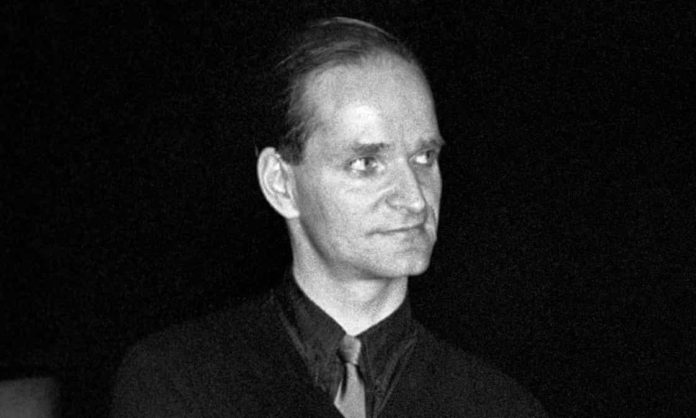Florian Schneider, co-founder and keyboardist of the influential German electronic music group Kraftwerk, has died at the age of 73 following battle with cancer.
“Kraftwerk co-founder and electro pioneer Ralf Hütter has sent us the very sad news that his friend and companion over many decades. Florian Schneider has passed away from a short cancer disease just a few days after his 73rd birthday,” the band said in a statement.
“In the year 1968 Ralf Hütter and Florian Schneider started their artistic and musical collaboration. In 1970 they founded their electronic Kling Klang studio in Düsseldorf and started the multi-media project Kraftwerk. All the Kraftwerk catalogue albums were conceived and produced there.”
Formed by Schneider and Ralf Hütter in the late Sixties, Kraftwerk’s pioneering use of keyboards and synthesizers would later inspire artists in all genres of the musical spectrum, from rock and electronic music to hip-hop and pop.
While Kraftwerk were recognized during their 1970s creative peak as an influential and pioneering outfit — particularly by David Bowie, who played the group’s “Radioactivity” album before his 1976 concerts and even wrote a tribute to the musician called “V2 Schneider” — their influence grew more and more apparent as synthesizers and other electronic instruments became prominent in popular music, particularly with the MTV-powered synth-pop wave of the early 1980s, driven by groups such as Depeche Mode and the Human League. The group’s vast influence on all forms of electronic music, especially dance and even hip-hop, is beyond question.
Born in 1947, Schneider was the son of Paul Schneider-Esbelen, a noted architect who designed Cologne’s airport. Schneider first played music in various groups while studying in Düsseldorf, beginning in a band called Pissoff. Operating in the experimental, open-minded rock scene dubbed “krautrock” in the British press, he formed the group Organisation with Ralf Hutter, the pair later forming Kraftwerk in 1970.
Schneider played the flute, violin and guitar, though often filtered through electronic processing. His interest in electronic music grew. “I found that the flute was too limiting,” he later said. “Soon I bought a microphone, then loudspeakers, then an echo, then a synthesiser. Much later I threw the flute away; it was a sort of process.”
After three albums with Hütter in the mid-70s, Kraftwerk released Autobahn and expanded to a quartet. The album was composed primarily on synthesisers, and its highly original sound and witty lyrics made it a hit, reaching the Top 5 in the UK and US.

